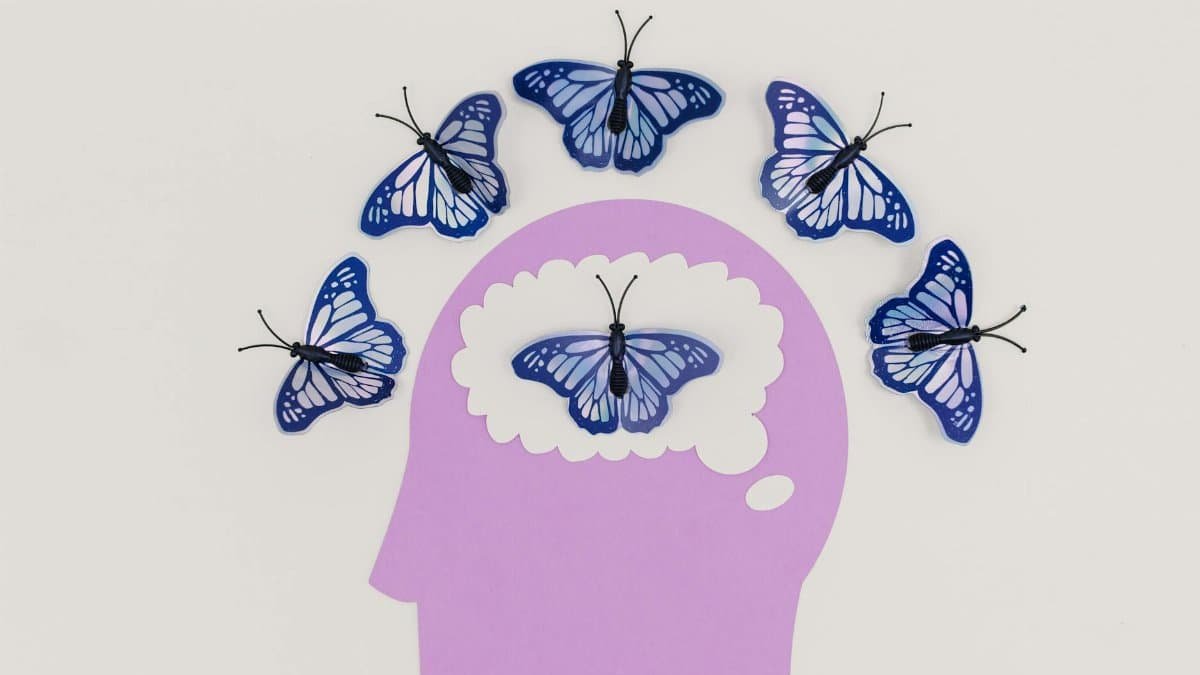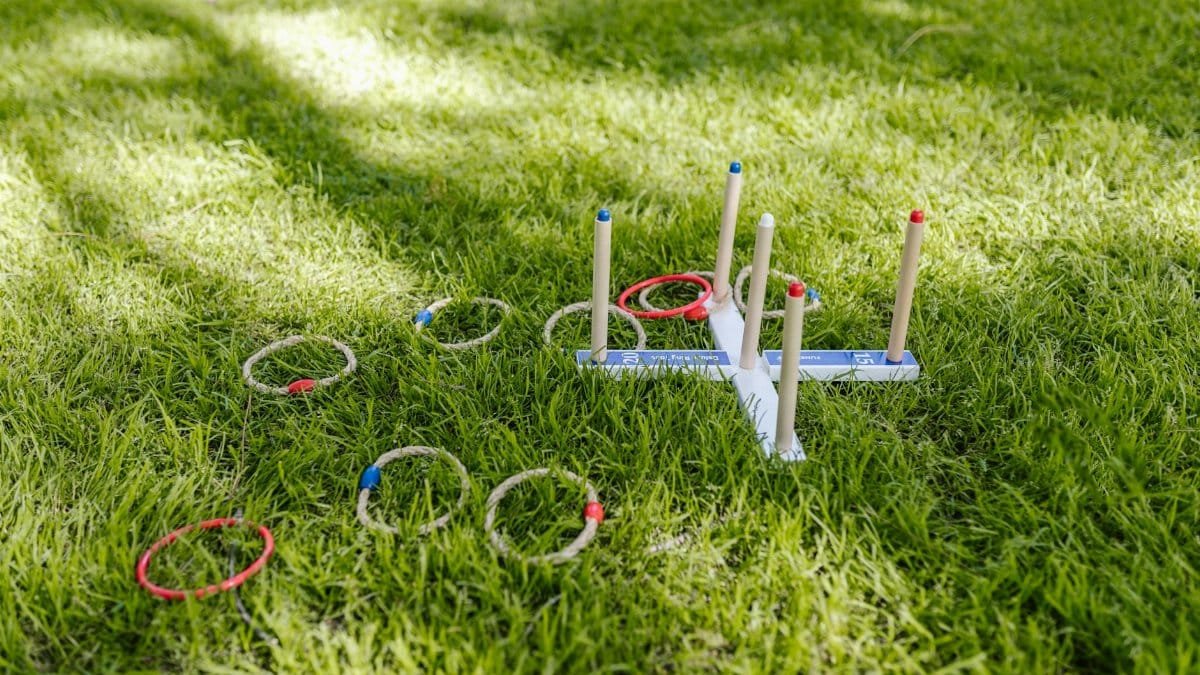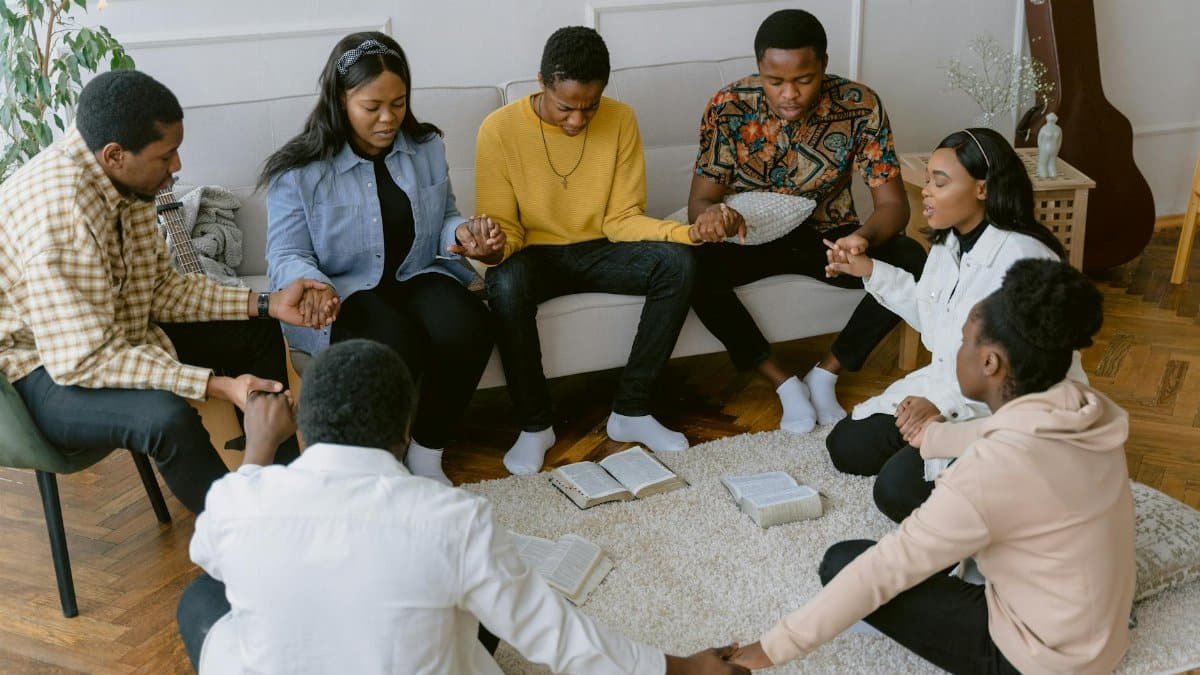A recent study from the Pew Research Center found that nearly half of U.S. adults believe building meaningful relationships has become harder over the past decade, with many citing emotional barriers and digital distractions as key culprits. This statistic underscores a growing hunger for something more intentional. Enter relationship mastery, a practice that goes beyond surface-level connections to foster deeper understanding and harmony in our interactions. For those who commit to it, the rewards often surprise even the most skeptical. They report not just stronger bonds with others, but a profound shift in how they navigate their own inner world. In 2025, as social isolation lingers from pandemic aftershocks, more Americans are turning to these tools for emotional resilience. What begins as a quest for better partnerships can evolve into a blueprint for personal fulfillment.
The Foundations of Relationship Mastery

At its core, relationship mastery starts with self-awareness. Practitioners learn to recognize their own patterns, those ingrained habits that shape how they respond to conflict or affection. It’s not about quick fixes. Instead, it involves peeling back layers, much like an archaeologist uncovering artifacts from a long-buried site.
Consider a typical scenario: a couple in their forties, married for years, suddenly finds conversations turning into arguments over trivial matters. One partner, let’s call her Sarah, decides to explore relationship mastery through workshops. She begins by journaling her triggers, noting how past insecurities flare up during disagreements. Over time, this simple act transforms her reactions. No longer defensive, she listens more actively.
Such changes draw from established psychological principles. Research from the American Psychological Association highlights how self-reflection improves emotional intelligence, a key component here. Yet the practice extends further, encouraging vulnerability as a strength rather than a weakness. People discover that admitting flaws often deepens trust, creating bonds that withstand everyday stresses.
This foundation isn’t theoretical. It plays out in real lives, where small adjustments lead to significant shifts. One anonymous account shared in online discussions described the relief of finally addressing unspoken resentments, saying it felt like “lifting a weight I didn’t know I was carrying.” These stories illustrate how mastery begins within, setting the stage for richer connections.
Navigating Emotional Depths

Diving into emotions can feel daunting, yet it’s where many breakthroughs happen. Relationship mastery encourages exploring feelings without judgment, turning what might seem like chaos into clarity.
Imagine a middle-aged professional, overwhelmed by work demands, realizing his impatience with family stems from unprocessed grief. Through guided exercises, he learns to name these emotions, a process backed by studies on emotional regulation from the National Institutes of Health, which link such practices to reduced stress. But it’s the human element that makes it stick. He starts sharing these insights with his spouse, and suddenly, their evenings shift from tense silences to genuine talks.
Not every journey is smooth. Some face resistance, questioning if vulnerability invites pain. Yet, as they persist, a pattern emerges: emotions, once bottled up, become allies. This depth fosters empathy, allowing people to see beyond surface behaviors in others. It’s a quiet revolution, reshaping how individuals approach love, friendship, and even casual encounters.
The payoff? Greater joy in the mundane. A walk with a partner turns into a moment of connection, not just routine. These discoveries highlight why commitment to this path yields such profound returns.
Overcoming Common Hurdles

Every worthwhile pursuit has obstacles, and relationship mastery is no exception. Doubt creeps in early, especially when old habits resurface despite best efforts.
Take the case of a group of friends in a book club, all in their fifties, who decide to apply these principles to their dynamics. At first, attempts at honest communication lead to awkward moments, with one member feeling exposed. “It was like ripping off a bandage,” she later reflected. But persistence pays off. They learn to set boundaries kindly, drawing from techniques like active listening, which a Greater Good Science Center at UC Berkeley resource explains as essential for building trust.
Time constraints pose another challenge. In a fast-paced world, carving out moments for reflection seems indulgent. Yet, those who prioritize it find ways to integrate it seamlessly, perhaps through brief daily check-ins. The key is viewing hurdles as teachers, not roadblocks. This mindset shift, often the hardest part, unlocks resilience. People emerge not just with better relationships, but with a toolkit for life’s inevitable ups and downs.
The Ripple Effect on Daily Life

Once embraced, relationship mastery spills over into every corner of existence. Work interactions improve, family dinners become more harmonious, and even solitary moments gain purpose.
A teacher in the Midwest, after years of strained colleague relationships, applies these skills to her classroom. She notices students responding better to her empathetic approach, leading to a more engaged environment. This isn’t coincidence; data from educational studies, like those from the U.S. Department of Education, show that emotional intelligence enhances group dynamics.
But the changes go deeper. Individuals report sleeping better, feeling less anxious. It’s as if mastering connections recalibrates the nervous system. In 2025, with mental health conversations at the forefront, this aspect resonates widely. One person might describe it as an “energy shift,” where drained reserves replenish through meaningful exchanges. The ripple extends outward, influencing communities and fostering a culture of understanding amid division.
Stories of Transformation

Real transformations bring the concept to life. Consider Mark, a retiree who, after losing his wife, felt adrift in social circles. Drawn to relationship mastery through a local support group, he practiced forgiveness—first toward himself, then others.
Months in, he reconnected with estranged siblings. Their conversations, once superficial, delved into shared memories and regrets. “It was healing in ways I never expected,” he shared. Such narratives echo across experiences, from young parents navigating co-parenting to executives building team cohesion.
These stories aren’t outliers. They reflect a broader trend, supported by longitudinal research on interpersonal skills from institutions like Harvard’s Grant Study, which links strong relationships to long-term happiness. What people discover is a renewed sense of purpose, turning isolation into belonging.
Integrating Mastery into Modern Routines

Incorporating relationship mastery doesn’t require overhauling your life. It fits into the crevices of busy schedules, like a morning ritual or evening reflection.
Start small: during commutes, mentally rehearse compassionate responses to potential conflicts. Apps and online resources make it accessible, but the essence lies in consistency. A study from the Centers for Disease Control and Prevention on habit formation underscores how incremental changes lead to lasting behaviors, applicable here too.
For families, it might mean weekly check-ins, free of distractions. Professionals could apply it in meetings, listening intently before speaking. The integration feels organic, evolving with practice. Over time, it becomes second nature, enhancing life’s quality without fanfare.
The Long-Term Rewards

Devotion to relationship mastery yields dividends that compound over years. Many find their sense of self solidifies, leading to greater confidence in all arenas.
Reflect on a woman in her sixties who, after decades of people-pleasing, learns to assert her needs. Her relationships flourish, and so does her inner peace. This echoes findings from aging studies, where emotional bonds correlate with healthier longevity, as detailed in reports from the National Institute on Aging.
Yet, it’s the intangible joys that stand out: laughter shared more freely, conflicts resolved with grace. In a world craving connection, these discoveries offer a path to not just surviving, but thriving. People emerge with a profound appreciation for the human tapestry, woven through intentional effort.
Embracing the Journey Ahead

As more Americans seek tools for emotional health in 2025, relationship mastery stands out as a beacon. It’s not a destination, but a continuous unfolding.
Challenges will arise, yet so will growth. One practitioner likened it to tending a garden: weeds appear, but nurturing yields blooms. This perspective invites patience, celebrating progress along the way.
Ultimately, what people discover is empowerment. By mastering relationships, they master aspects of themselves, unlocking peace and purpose in unexpected ways. The journey, rich with insights, promises a life more fully lived.
